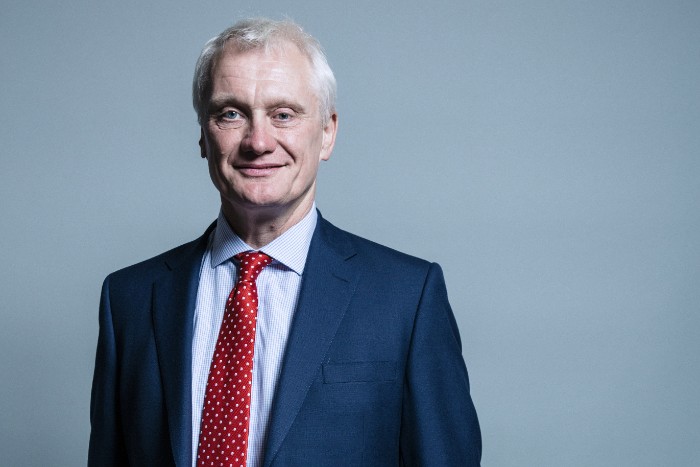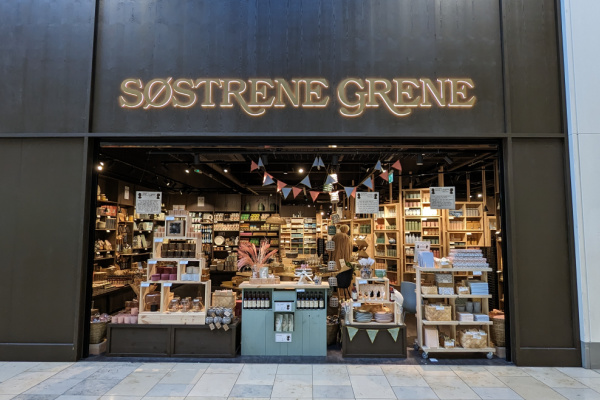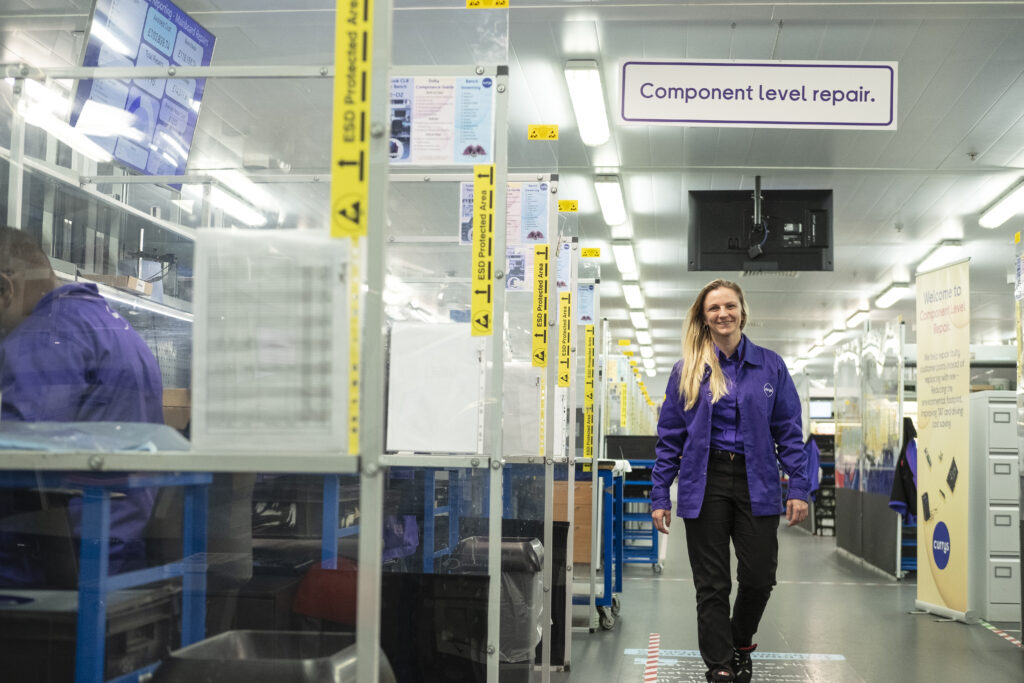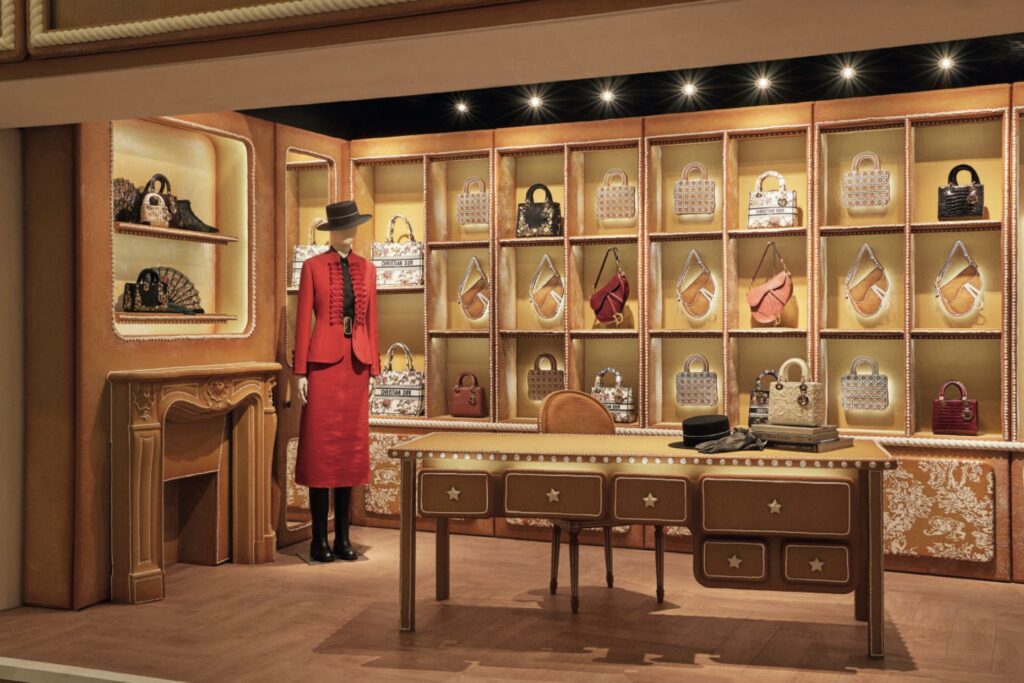As Parliamentary Under-Secretary of State at the Department for International Trade, Graham Stuart’s responsibilities include promoting investment by trading partners in the UK, and overseeing the country’s policy of investment abroad. His portfolio also covers UK exports – helping to promote British businesses abroad.
Last week, the MP for Beverley and Holderness announced a series of new measures to support retailers to export overseas as part of efforts to help the sector recover from the Covid-19 pandemic. The bounce-back plans offer immediate support by ensuring specialists provide advice on online retail and international marketplaces.
Speaking to Retail Gazette, he highlighted the significant shift of consumers switching to online retail as one of the reasons why ecommerce was a core part of the plans, with measures aimed at helping consumer and retail businesses develop international, multichannel, and ecommerce strategies for a retail environment that has been changed forever by the crisis.
READ MORE: Government launches new trade measures to support Covid-hit retailers
“The value of retail sales made online has risen by more than 300 per cent in the last 10 years,” he said.
“This trend is expected to continue as a result of coronavirus, with many UK businesses already experiencing increased sales online.
“We want to make sure that we can help facilitate and support more interactions between UK suppliers, retailers, manufacturers and foreign buyers.
“We are seeking not only to help businesses become more effective digitally, but also to do so ourselves and we’re on a journey as many businesses are in terms of improving what we do.
“We recognise that coronavirus has brought challenges to many industries, not least the consumer and retail sector, where so much depends on face-to-face interactions.”
Stuart added that so far, the government has made a lot of adjustments to help the retail sector in terms of being Covid-safe.
“The single biggest challenge is to be able to adjust your business model,” he explained.
“If you have a bricks-and-mortar sale, you need to know how to balance the pressures, cash flow, lack of footfall. In fact, you need to have to be managed as well.
“We want to see the UK retail sector as more competitive, with innovative retailers from other parts of the world.”
Additionally, the launch of a new Consumer and Retail Export Academy will aim to provide retailers with the knowledge, skills and networks needed to increase exports.
“We recognise that for a lot of small businesses, they don’t know which markets offer the greatest benefit,” Stuart reflected.
“The Consumer and Retail Export Academy is a digital learning syllabus of consumer and retail focused webinars available through our online platform. It offers dedicated regional coaching programmes.”
“We want to see the UK retail sector as more competitive, with innovative retailers from other parts of the world”
The minister said more trade and investment was “critical” not just for the retail industry but also the whole economy, especially it wanted to overcome the challenges brought on by the pandemic. The measures he announced last week also outlines long-term support as new export opportunities arise from post-Brexit trade deals being negotiated with the US, Japan, New Zealand and Australia.
“As we continue to encourage businesses to increase their trade overseas, we will also ensure that they can take full advantage of the opportunities that will be unlocked through our negotiation of Free Trade Agreements with countries around the world,” Stuart said.
With the Brexit negotiations still ongoing, the UK’s freight and logistics chiefs recently demanding “urgent” talks with the government over a potential border disruption, the retail sector remains at stake. While Stuart said he was not responsible for Brexit negotiations, he “hoped” for a cooperation between equals between the EU and the UK.
“As the trade department, we are taking a close interest in the logistics and the support on exporters,” he told Retail Gazette.
“We hope and expect that we can come to a mutually agreeable field.
“Our job is to go up on the other side of the coin and use our position as an independent trading power for the first time in 40-plus years to use to sign deals like the Japan deal which we announced last week.
“Over the next five years or so, we expect 90% of deals to be happening outside of Europe”
“It was based on the EU-Japan Economic Partnership Agreement (EPA) but actually goes further and is better tailored.
“The EU and Japan’s EPA entered into force on February 1, 2019. EU firms already export nearly €70 billion in goods and €28 billion in services to Japan every year.
“I’m very proud of the fact that the department has landed a deal that will see 99 per cent of Japanese goods tariff free.
“That is going to make a difference on consumer goods players and add to the economy going forward.”
Stuart went on to say that the government was currently in talks with the Comprehensive and Progressive Agreement for Trans-Pacific Partnership, a trade agreement between Australia, Brunei, Canada, Chile, Japan, Malaysia, Mexico, New Zealand, Peru, Singapore, and Vietnam.
“Over the next five years or so, we expect 90 per cent of deals to be happening outside of Europe,” he said.
“Inevitably, whatever level of friction has come out of our exit from the European Union, there will be some economic costs from that.
“Europe is losing market share globally year-by-year, and we have an opportunity to position ourselves while in no way underestimating the power, importance and priority of the EU.
“But I have the pleasant job of being able to get out into the world and try to get those deals.”
Click here to sign up to Retail Gazette‘s free daily email newsletter


















